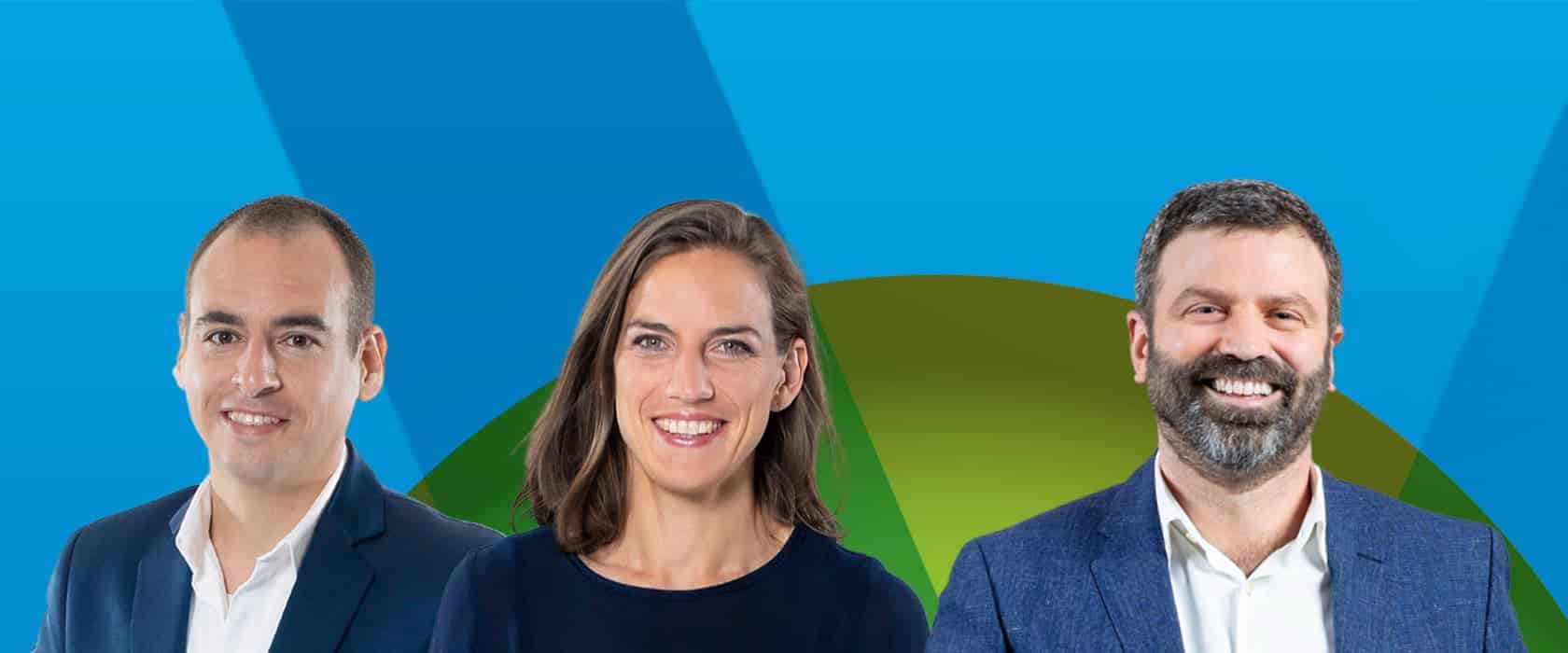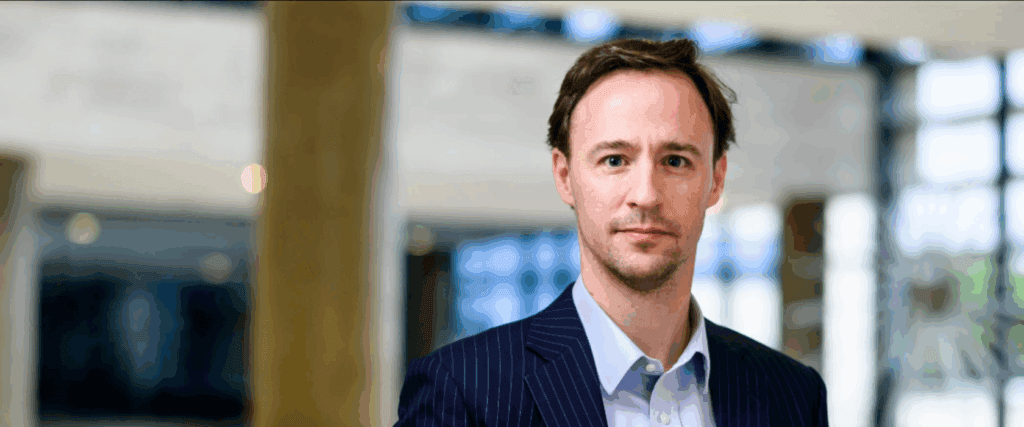Sustainability is the new digital: The need for action in business
If you’re looking for an Executive MBA in Europe, there’s an exciting new program on the scene! In the European Executive MBA program at Vlerick Business School, sustainability runs through the core of its curriculum. We spoke to Bjorn Cumps, Program Director of the European Executive MBA, and Leonardo Meeus, Director of the Energy Centre and Academic Director of the Online MBA at Vlerick Business School, to learn more about the European Executive MBA program and the state of sustainability in Europe and beyond.







